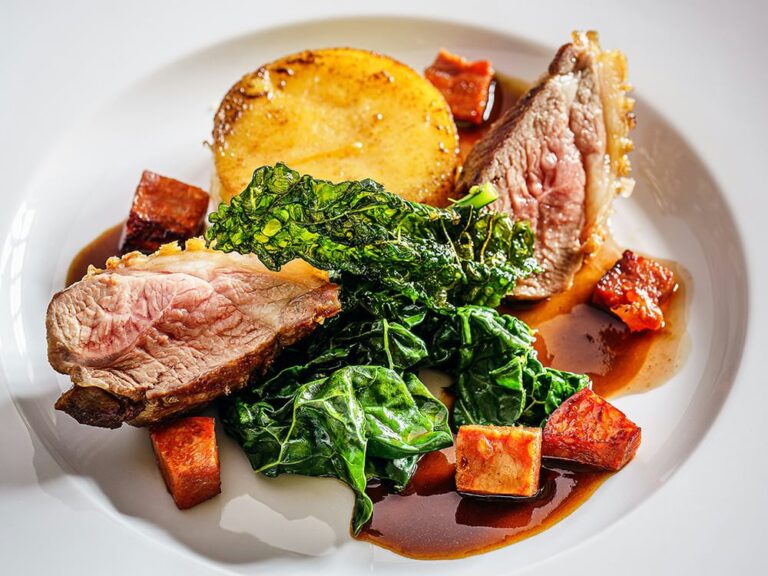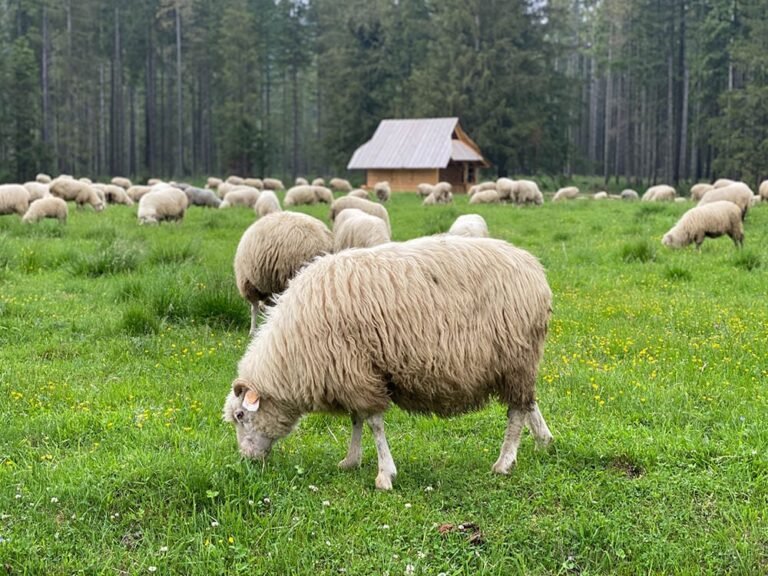to grow
How do you translate the English verb “to grow” into French? There is not a single French verb that covers all the different meanings of “to grow,” so you need to select the appropriate verb from the following list of verbs.
cultiver (cultivate, grow)
- Ils cultivent des légumes dans leur jardin. They grow vegetables in their garden.
- Elle cultive des roses dans sa serre. She grows roses in her greenhouse.
grandir (grow up, grow)
- Qu’est-ce que tu as grandi! Haven’t you grown!
- Il a grandi de 10cm. He has grown (taller) by 10cm
pousser (push, grow)
- La plante a poussé de 5cm. The plant has grown by 5cm
- Elle laisse pousser ses cheveux. She is letting her hair grow
augmenter (increase, grow)
- la criminalité augmente. Crime is growing
- la valeur de l’appartement augmente. The apartment is growing in value
devenir (become, grow)
- La ville devient plus sophistiquée. The town is growing more sophisticated
vieillir (grow old)
- Je vieillis. I am getting older
apprécier (to appreciate)
- Je commençais à apprécier la musique. The music was starting to grow on me
prospérer (to prosper, grow)
- Grâce à une bonne gestion, l’entreprise a prospéré au fil des années. Thanks to good management, the company has grown over the years.







what about croitre